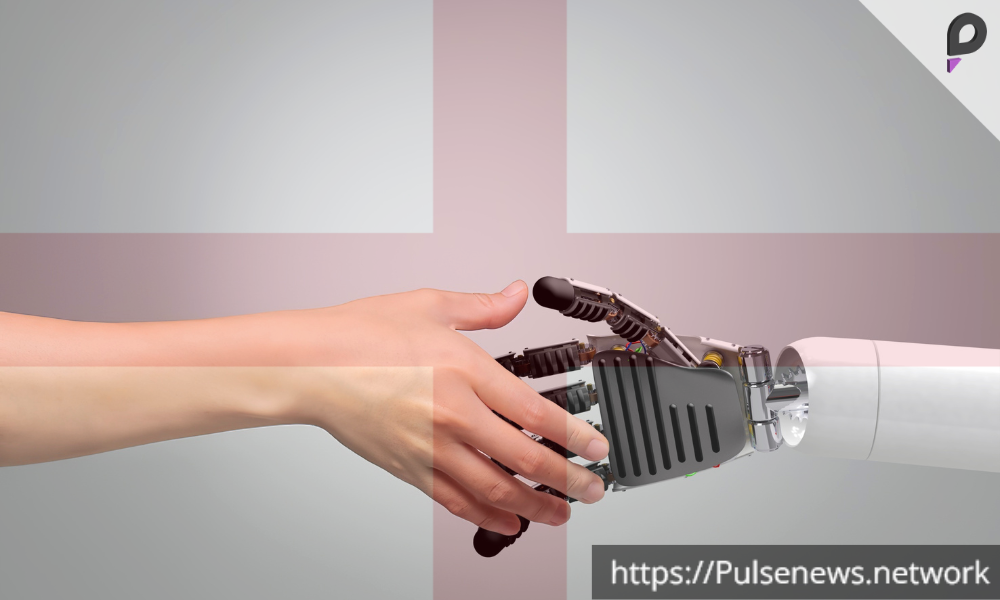Britain has made a groundbreaking decision to combat child sexual abuse by criminalizing the use of artificial intelligence (AI) tools that create AI-generated child abuse material. This new law, announced on Saturday, makes Britain the first country in the world to introduce specific AI-related sexual abuse offences.
The Nature of the New Offences
Currently, possessing, creating, distributing, or showing explicit images of children is already illegal in England and Wales. The new legislation will specifically target those who use AI to manipulate real-life images of children into explicit content. This “nudeification” of images poses a serious threat, as online predators increasingly use AI to exploit vulnerable children.
The Internet Watch Foundation has reported a nearly five-fold increase in explicit child images generated by AI in 2024. This alarming trend highlights the urgent need for new laws to address emerging threats in the digital space.
Protecting Children from Online Predators
Yvette Cooper, Britain’s interior minister, emphasized the importance of this legislation. She stated, “We know that sick predators’ activities online often lead to them carrying out the most horrific abuse in person.” This statement underlines the necessity of tackling child sexual abuse both online and offline. The goal is to protect the public from new and evolving crimes that put children at risk.
AI tools have become a double-edged sword. While they have beneficial applications, they are also being exploited by criminals. Predators use these technologies to conceal their identities and manipulate images to blackmail children into further abusive situations, including live streaming.
Key Provisions of the New Law
The new criminal offences include:
- Possession and Creation: It will be illegal to possess or create AI tools specifically designed to generate child sexual abuse material.
- Distribution of AI Manuals: The possession of AI “paedophile manuals,” which provide instructions on using these technologies, will also be a crime.
- Website Operations: Individuals running websites that distribute child sexual abuse content will face new legal repercussions.
- Digital Device Inspection: Authorities will have the power to unlock digital devices for inspection, enhancing their ability to investigate these crimes effectively.
Broader Legislative Context
These measures will be included in the upcoming Crime and Policing Bill when it is presented to Parliament. Additionally, the British government has indicated plans to criminalize the creation and sharing of sexually explicit “deepfakes.” Deepfakes are AI-generated videos, images, or audio clips that convincingly mimic real people, posing further risks of exploitation.
Conclusion
Britain’s proactive approach to using AI tools for child abuse reflects a growing recognition of the challenges posed by technology in the realm of crime. By implementing these new laws, the government aims to safeguard children and hold offenders accountable. As digital landscapes evolve, it is crucial to stay ahead of online predators and protect the most vulnerable members of society.












